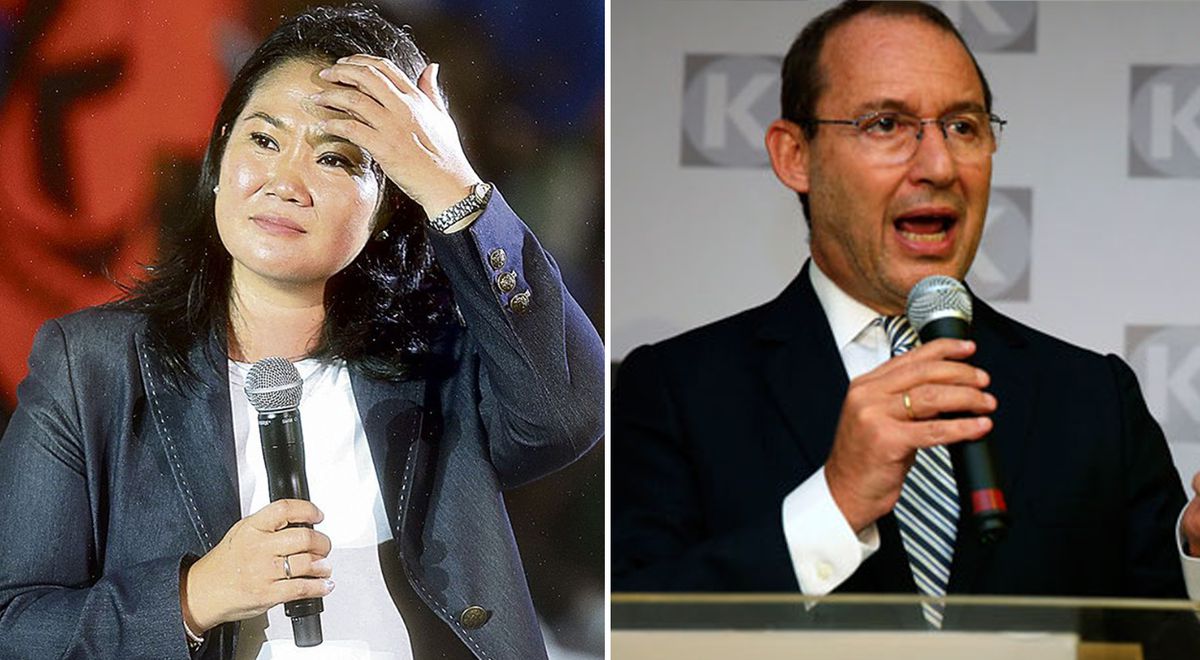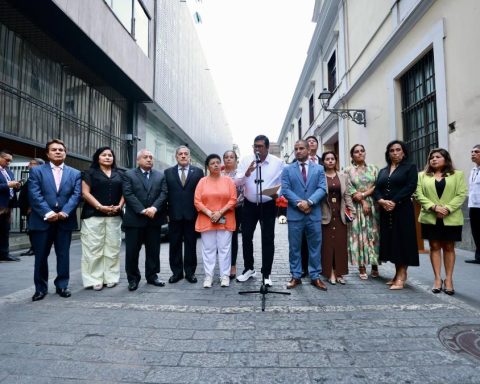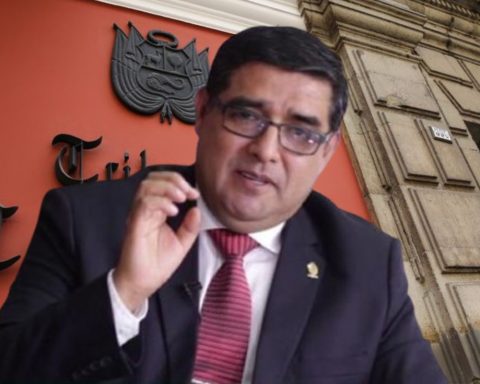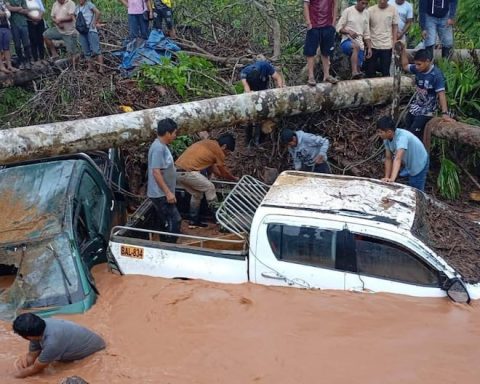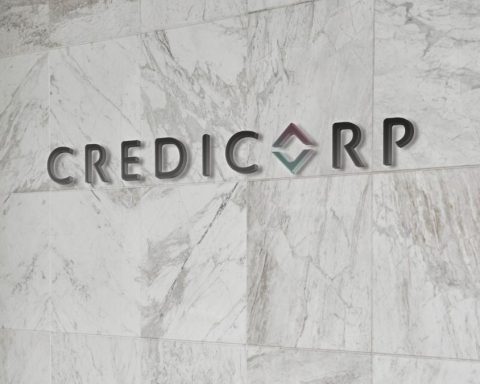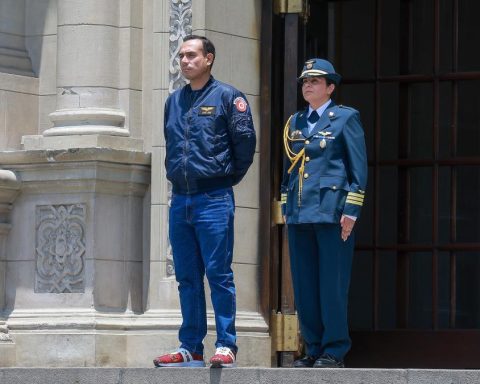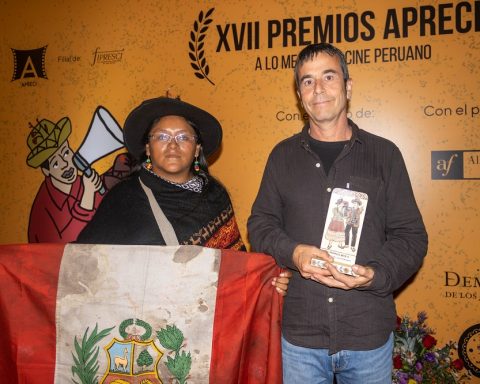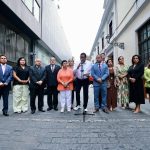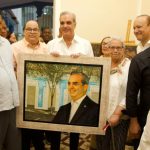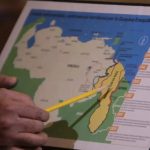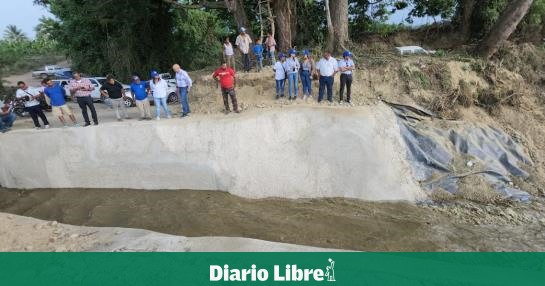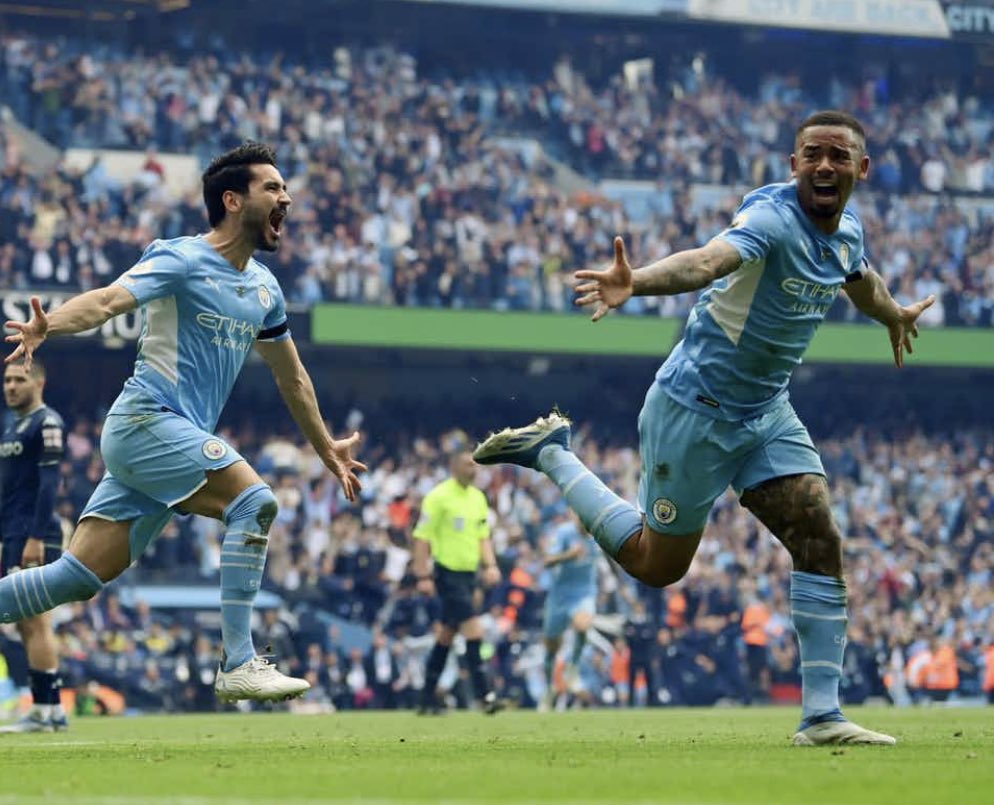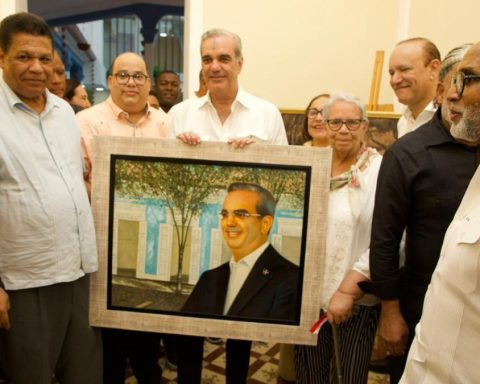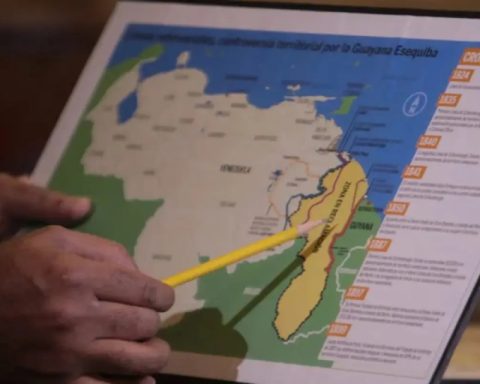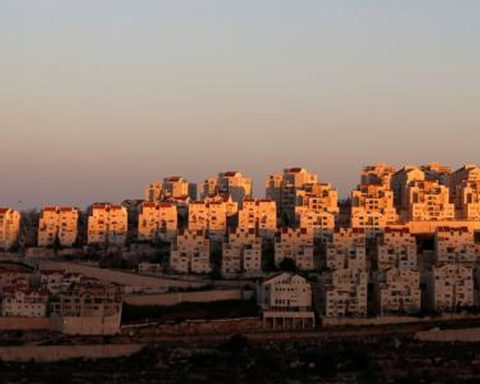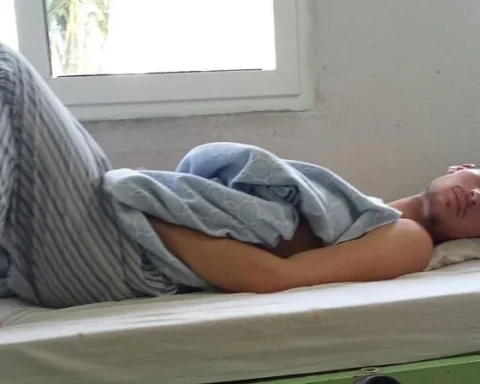defense of Keiko Fujimori demanded prosecutor José Domingo Pérez to prove that during the electoral campaigns he had acted as the leader of a criminal organization. Among the facts that Pérez confirmed, he referred to ordering two of his close friends and members of the leadership of Fuerza Popular, Víctor Shiguiyama Kobashigawa and Ana Matsuno Fuchigami, to collect the money clandestinely supplied by Juan Rassmuss Echecopar’s company in his name. , South American Fibers. Shiguiyama withdrew US$850,000 in cash and Matsuno US$200,000, in both cases for the 2011 campaign.
In 2016, Keiko Fujimori he lost the elections, but achieved an absolute majority in Congress, which gave him room to impose the elected president Pedro Pablo Kuczynski two people he trusts: Víctor Shiguiyama, as head of the National Superintendence of Tax Administration (Sunat), and Ana Matsuno as head of the Customs and Tax Institute (IAT) of the Sunat. That is to say, the carriers of Keiko Fujimori’s money were rewarded by her with high public positions in an extremely sensitive organization such as Sunat.
But they were not the only ones.
YOU CAN SEE: Prosecutor Domingo Pérez presents correction of observations of the accusation against Keiko Fujimori
The prosecution It has also proven that Keiko Fujimori personally collected US$450,000 in cash provided by Dionisio Romero Paoletti. for the 2016 campaign. Unlike in 2011, when he gave him US$3,365,000 of Credicorp funds, the banker appealed to the accounts of another Grupo Romero company, Inversiones Piuranas.
The prosecution has documented that Keiko Fujimori, on March 28, 29 and 30, collected wads of bills for US$60,000 at each opportunity; and on May 2 and 25 of the same 2016, US$ 150 thousand on each occasion. In total, US$ 450,000 in hard cash.
Summary of cash deliveries
But she did not go alone.
YOU CAN SEE: Rafael Vela rules out that the tax accusation against Keiko Fujimori has been dropped
According to the documentation that the prosecution has delivered to Judge Víctor Zúñiga, in the process of correcting the accusation against Keiko Fujimori and her 41 accomplices, the head of Fuerza Popular appeared at the house of former congressman Martín Pérez Monteverde -where the flows awaited him in suitcases and manila and plastic envelopes- together with José Chlimper Ackerman.
Less than five months after Keiko Fujimori and José Chlimper picked up Dionisio Romero’s last suitcase of money at Martín Pérez’s house, the former presidential candidate appointed Chlimper as a candidate for director of the Central Reserve Bank of Peru (BCRP), the carrier of money of illicit origin, according to the tax complaint.
Dionisio Romero had recognized contributions to Fuerza Popular and Peruanos Por el Kambio in presidential campaigns. Photo: The Republic.
In the 2011 presidential campaign, Chlimper also carried money of suspicious origin. On May 17, 2011, Chlimper delivered a suitcase with US$210,000 in cash to the manager of Grupo RPP, Hugo Delgado Nachtigal; and on June 24 of the same year, Chlimper again gave another suitcase with US$266,000 to the manager of CRP Media and Entertainment, Manuel Zavala Chocano.
They were advertising payments with funds whose origin Joseph Chlimper did not mention, but that Delgado and Zavala banked.
YOU CAN SEE: They reject a request to advance Jorge Barata’s statement in the Keiko Fujimori case
For the prosecution it is proven that Keiko Fujimori led a criminal organization, because he awarded strategic positions in the state apparatus to those who helped him collect money from illegal sources to finance his campaigns.
The prosecution of the case against Keiko Fujimori and 41 other accomplices, in the process of correcting the criminal accusation, has provided the documentation that proves that the US$450,000 They left Inversiones Piuranas, on the dates on which the witnesses stated that the cash deliveries were made to the head of Fuerza Popular.
Indeed, in volume 8, page 1563, a document to which La República had access, the prosecution recorded how it verified that the former presidential candidate in person picked up the suitcases of cash five times for a total of $450,000. Money that, incidentally, he never declared to the National Office of Electoral Processes (ONPE), and that he has not said what he spent on either.
YOU CAN SEE: Keiko Fujimori’s lawyer receives an audio call where he insults the judge in the case
“Such meetings (to collect money) were witnessed and coordinated by Martín Pérez Monteverde, who, at the request of Dionisio Romero Paoletti, contacted the defendant Keiko Fujimori. To carry out these meetings (…), he attended them indistinctly with José Chlimper Ackerman. (…) Said version is consistent with what was declared by the witness Martín Pérez Monteverde.”
Keiko Fujimori believed that this case would never be uncovered. So he imposed Chlimper as director of the BCRP, with all that the designation of a carrier of illicit money meant.
Infographic – The Republic
